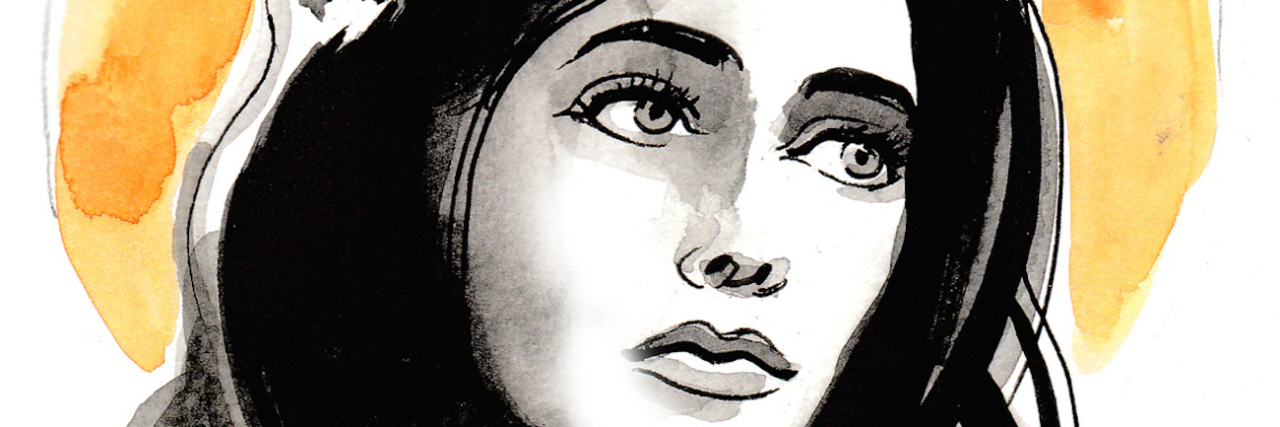One of the most well-documented aspects of mental illness is disordered thinking, varying from negative thoughts associated with depression, the constant buzzing of fear associated with anxiety disorders to psychosis. But what I have unexpectedly come to realize is the lesser-discussed, disorienting feeling of sudden and unexpected mental clarity after a prolonged period of negative and anxious thinking.
This rapid change in mental state, however positive, can be just as disconcerting as the constant barrage of the negative thoughts that had become the new “normal.” Like waking from a dream, the once sharp thoughts dull into faded memory; the details you were convinced were correct are suddenly harsh and jarring in their inaccuracy, and the abrupt silence is suffocating. Every past failure to articulate your emotions and behavior is suddenly shifted into focus with shocking clarity, all at once. If you experience mood instability, this can also come with the sense of dread associated with a sudden and dramatic shift in mood out of your control. It’s like the “up” of a roller coaster, knowing the plummet is on the other side, being painfully aware of it all, but without the ability to prevent it from happening again. I find myself analyzing every situation I have failed to see clearly; every emotion that led to an overreaction, every irrational fear that consumed my time, relationships lost or altered and how I could/would/should have handled it better, and to me, it doesn’t quite feel like the relief I was promised.
Lack of understanding of the spectrum of mental illnesses within society has led to pervasive misconceptions that can seep into our everyday approach to life and recovery. We like to separate people into categories such as “unwell” and “better” and because of this, we tend to shrink away from any idea that threatens to conflate positive forward movement with any sense of negativity. We want recovery to be a straight and easily-defined line. To those who have never experienced disordered thinking, the world is cleanly split into “good” and “bad” thoughts; the truth is that to many of us, our emotions and thoughts are more complex than that. This over-simplification can lead to feelings of inadequacy, like we are rejecting our own recovery or that we don’t deserve to recover from our illness, or manage our symptoms.
The important thing to recognize here is you are not alone. Resistance to this seemingly positive event is not a resistance to recovery, and it isn’t a sign that you are lost to your illness. It is a perfectly natural response to a drastic shift in thinking. If you are struggling to make sense of it all, know this feeling will pass.
In the short-term, try to find an outlet for your thoughts. Write, draw, sing, take up a hobby or reach out to old friends. Be mindful that you should continue to seek professional guidance at this time, or continue to talk to someone you trust, even if right now you feel “better.”
For the long-term, use it to prepare yourself for the future — analyze your triggers and learn to recognize them, download NHS recommended apps (CalmHarm, Catch It) and familarize yourself with coping or distraction techniques. If you have noticed a pattern of destructive behavior, acknowledging it can be half the battle.While it can be uncomfortable facing up to things that have occurred while in the throes of mental illness (especially if it means addressing harm we have caused to ourselves or others) it is something that can prove invaluable to us in the future.
Constantly fighting against your own mind can be exhausting, and it can be disheartening when even a positive shift in mental state feels overwhelming, but you are not alone, and you can channel it into something meaningful for yourself. Recovery is not linear, and we shouldn’t expect it to be — it’s complex and unique. Progress is a triumph, no matter how small or how hard you fought to get there, even if it doesn’t immediately feel like a relief.
Getty Images photo via berdsigns

